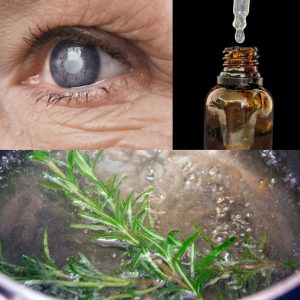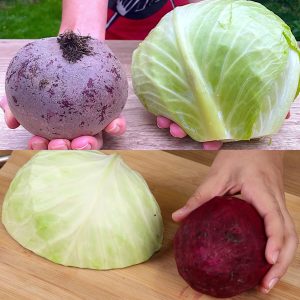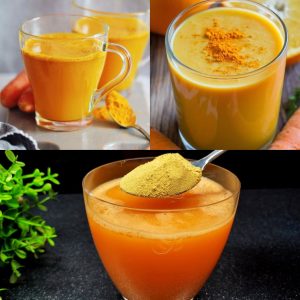Goose grass (Eleusine indica) is a plant often overlooked and dismissed as a common weed in many backyards. However, this humble plant has been valued in traditional medicine for its potential therapeutic benefits. Known for its anti-inflammatory, diuretic, and antioxidant properties, goose grass has been used in herbal remedies for centuries to support overall health. While scientific research on its efficacy is still emerging, many cultures have embraced it as a natural remedy for various minor ailments.
One of the primary uses of goose grass is for kidney support. Thanks to its diuretic properties, the plant may help the body flush out excess water and salts, potentially promoting kidney function and fluid balance. Though more scientific studies are needed to fully confirm these benefits, traditional medicine has long suggested its use for managing mild water retention. Additionally, it is important to consult a healthcare provider before using goose grass for kidney-related conditions.
Goose grass is also known for its potential anti-inflammatory and antioxidant effects. Some herbalists have used the plant in poultices to alleviate minor wounds or inflammation, applying crushed leaves to the skin. While it has been employed in this way for sprains and minor injuries, modern medicine recommends caution and emphasizes that more serious conditions should be treated with appropriate medical care.
Traditionally, goose grass has been consumed as a tea or used externally in poultices. For tea, fresh leaves are boiled in water for a few minutes and then strained. Though widely used in folk medicine, it is important to use goose grass in moderation and to consult a healthcare professional before adding it to your wellness routine, especially if you have underlying medical issues.





